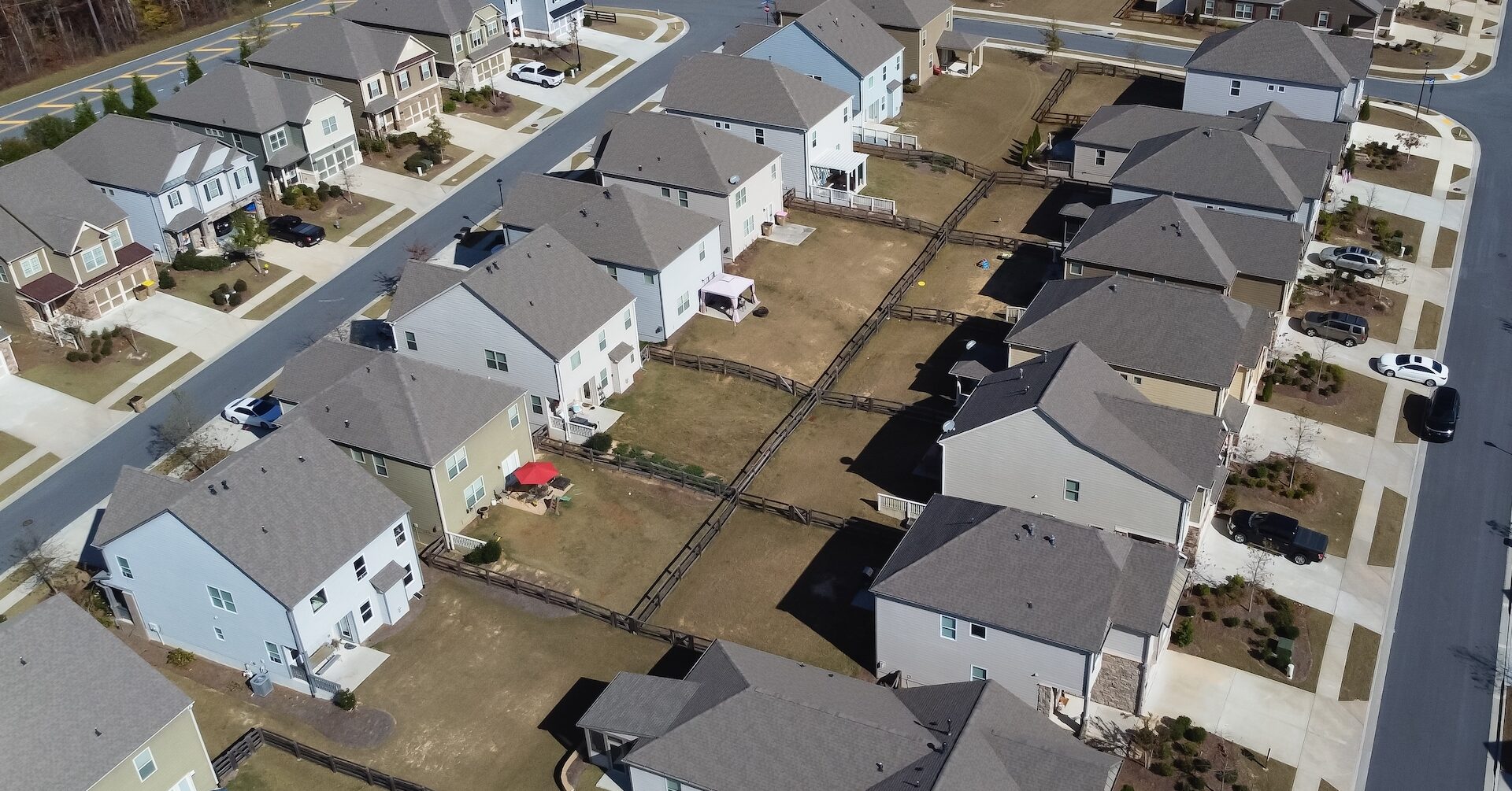What Is a Ground Lease?

A ground lease is a contract that permits an occupant to establish a piece of residential or commercial property throughout the period of the lease. After the lease duration, the land and all improvements the occupant makes return to the residential or commercial property owner. Ground leases may also be referred to as land leases considering that the property owner is renting out just the land.

Ground leases need to include the following necessary aspects:
- Default conditions
- Fees
- Financing conditions
- Rights of the proprietor
- Rights of the renter
- Terms of the lease
- Title insurance coverage
- Use provisions
How a Ground Lease Works
Ground leases include leasing land for a long-term period to a renter who then constructs a structure on that residential or commercial property. A common ground lease covers a period from 50 to 99 years.
- Who owns the structure
- Who owns the land
- Improvements to the residential or commercial property
A ground lease specifies that the residential or commercial property owner will own any improvements unless the celebrations create an exception. This type of contract also specifies that the renter will pay appropriate taxes throughout the duration of the lease. Landlords may be able to offer the residential or commercial property on the land at a greater rate once the term of the lease expires because they can presume all improvements at that point.
Image via Unsplash by seanpollock
A property owner might pick to use a ground lease in order to:
- Avoid capital gains
- Generate profits and income
- Retain residential or commercial property ownership for planning reasons
Ground leases are mostly utilized in commercial agreements. However, these types of leases are extremely various from other leases that you might find for office complex and shopping complexes. Other industrial leases do not normally appoint the lessee to take responsibility for the system, charging tenants rent so they can run their service rather.
When utilizing a ground lease, nevertheless, an occupant will generally assume duty for any type of expenses. Expenses that would be the responsibility of the renter on a ground lease include:
- Construction
- Financing costs
- Improvements
- Insurance
- Renovations
- Repairs
- Taxes
Types of Ground Leases: Subordinated vs. Unsubordinated
You'll find 2 main type of ground leases: subordinated and unsubordinated. The difference in between these two types handles what takes place if a renter has monetary problems throughout the regard to the lease. Often times, renters will handle debt to fund projects on the land they rent.

Subordinated Ground Lease
A proprietor will accept be a lower top priority in terms of any other funding acquired on the residential or commercial property when signing a subordinated ground lease. If the renter indications a subordinated ground lease on a plot of land, borrows money to develop on that land, then defaults on the loan, the lender can go after the residential or commercial property (consisting of the land itself) as security.

In other words, the property owner in a subordinated ground lease allows the residential or commercial property deed to act as collateral should the tenant default on a loan used to make improvements. The property owner can negotiate greater lease payments given that they are taking on additional danger with subordinated leases. A property manager may also pick to create a subordinated ground lease because building the building on their land can increase the residential or commercial property's value.
Unsubordinated Ground Lease
A proprietor who signs an unsubordinated ground lease maintains leading concern if there are claims on the residential or commercial property. This means that renter's loan providers can not foreclose on the land if the occupant defaults on the loan. If the tenant defaults, the lending institution might pursue the occupant's service properties. However, the loan providers can not get complete control of the residential or commercial property as they could do with a subordinated ground lease.
Because the lending institution can not take ownership of the land in an unsubordinated ground lease should a tenant not pay their loan, potential lending institutions may hesitate to extend a mortgage so an occupant can make improvements. As an outcome, property owners usually have to charge lower lease to the occupant.
Advantages of a Ground Lease
Ground leases can provide advantages to both proprietors and occupants.
Landlords can anticipate certain advantages when signing a ground lease, including:
- Steady income: While still retaining ownership of their residential or commercial property, a landlord can access a consistent earnings stream. Ground leases usually likewise have an escalation provision. This stipulation guarantees lease boosts as well as expulsion rights, which offers protection if a renter need to default on lease or other types of costs.
- Tax savings: If a property owner offers residential or commercial property outright to a tenant, they understand a gain on that sale. On the other hand, when they execute a ground lease, they do not need to report any gains. However, there still may be tax ramifications in regard to the lease they get.
- Retain control: Some ground leases might include provisions that enable a property owner to keep a specific degree of control over their residential or commercial property. This can include how the residential or commercial property is developed and how it is used. In these cases, the property manager will be able to reject or authorize modifications to their land.
Tenants enjoy a couple of advantages when signing a ground lease as well:
- Building in a prime area: Tenants get the capability to construct residential or commercial property in a prime place they may not otherwise be able to purchase. That's why you'll frequently discover large chain shops using ground leases in corporate growth strategies.
- No required deposit: As the renter does not require to have a deposit to protect land (they would if they were buying the residential or commercial property), less equity is involved. This, in turn, frees cash for other uses. It also improves the yield on utilizing that land.
- Reduction to tax burden: As rents that are paid on a ground lease can be deductible for income taxes (both federal and state), the overall tax burden of the occupant is decreased.
Disadvantages of a Ground Lease
Certain drawbacks likewise exist for both property managers and occupants when selecting to utilize a ground lease.
Landlords
Landlords seeking to perform a ground lease should be cautious of possible downsides:
- Loss of control: If a property manager does not consist of the appropriate provisions and arrangements in their lease, they can wind up losing control of the residential or commercial property.
- Higher tax ramifications: This differs based upon the location of the residential or commercial property, however a ground lease can come with greater tax ramifications for the landlord. Though landlords don't recognize a gain from selling the residential or commercial property, the rent they charge is considered earnings. That implies rent will be taxed at the common rate, and this can increase the proprietor's tax problem.
Tenants

Tenants likewise need to know downsides to a ground lease, including:
- Reduced flexibility: Tenants may encounter challenges in using or developing the residential or commercial property if the property manager requires approval before they make any changes. A tenant may for that reason experience more constraints than they would if they had acquired the residential or commercial property.
- Higher expenses: Costs that occur with the ground lease procedure might wind up greater than the costs of simply acquiring a residential or commercial property outright. A tenant ought to be gotten ready for numerous expenses including up, which can get pricey, particularly when awaiting approval for specific tasks. Costs can consist of enhancements, permits, and taxes.
It's very essential that both the property manager and tenant review the lease with expert assistance before they sign it. Dealing with a professional contract attorney when developing a ground lease can ensure both parties are protected.








